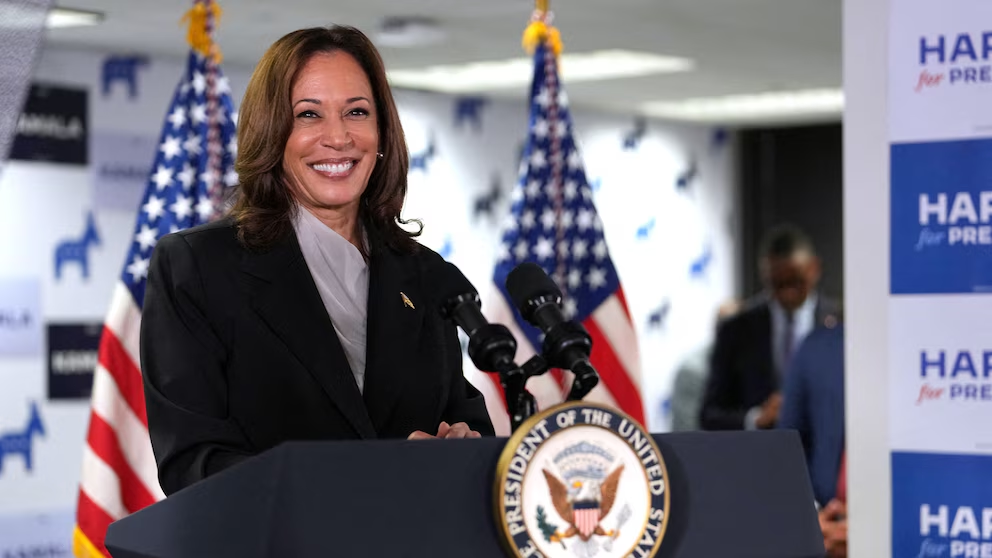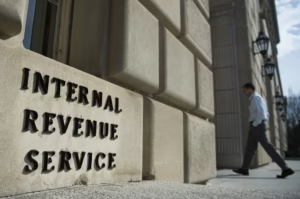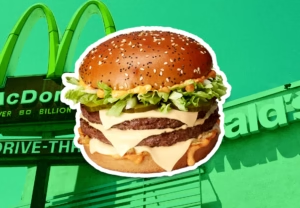Once President Joe Biden announced that he would not be running for president in 2024, Democrats quickly backed Vice President Kamala Harris as their most likely candidate. Things were still unstable in politics, though, just months before the November election.
Soon after Biden stepped down, he strongly backed Harris, who would go on to become the first Black and South Asian woman to become the presidential nominee of a major party. Former President Bill Clinton and Hillary Clinton, the first major female presidential nominee, also backed her. So did several well-known U.S. senators, a large group of House representatives, and members of the powerful Congressional Black Caucus.
People who were going to run for the job quickly switched their support to Harris.
Biden said picking Harris as his vice president was the “best decision” he ever made. This comes as Democrats prepare to run against Republican Donald Trump this fall. He said, “Let’s do this.”
Harris said in a statement, “My goal is to earn and win this nomination.”
But Democrats face a tough and uncertain political and logistical future. They were hoping to easily win the election in November by portraying Trump as a quasi-authoritarian leader and threat to American democracy. But now, they have just a few weeks to change the top of their ticket before the party’s nominating convention starts on August 19.
There seemed to be a growing support for Harris to lead the party—within hours, Biden’s campaign officially changed its name to Harris for President to show that she will be taking over his political operation—but there are still some strong opponents.
Many people think that former President Barack Obama and Speaker Emerita Nancy Pelosi forced Biden to drop out of the race because they were worried about keeping the White House and taking control of Congress. Obama and Pelosi did not officially support Harris, and Pelosi wants the primary to be open to everyone.
And Sen. Joe Manchin of West Virginia is thinking about re-registering as a Democrat to run against the vice president. He left the Democratic Party earlier this year to become an independent, but his longtime adviser Jonathan Kott says he is thinking about it.
Some important Democrats think that Harris would do better in a “mini-primary.” They say that a quick primary campaign would show the American people, party donors, and skeptics that Harris is the best person for the job. It would also give other candidates a chance to run, or at least show what they can do as possible running mates.
Late in the day, Harris was calling Congressmen and getting their support. For example, Rep. Annie Kuster of New Hampshire, who is the chair of the New Democrat Coalition, a moderate caucus on Capitol Hill, endorsed Harris on Sunday. A person who was not named to talk about the private conversation said that Harris and Senate Majority Leader Chuck Schumer talked on Sunday afternoon.
Jaime Harrison, the head of the Democratic National Committee, promised a “clear and orderly process.”
Early voting starts in a few months, so Democrats don’t have much time left if they want to beat a GOP that is fired up and excited about Trump’s return. They need to quickly change direction to bring the Democratic Party back together, refocus the whole campaign on a new presidential ticket, and set up the ground game to get people to the polls.
Harris was already getting money for her campaign. Sunday night, ActBlue, a platform for Democrats to raise money, said that small donors raised more than $27.5 million in the first five hours of Harris’ campaign.
“People at the grassroots level are pumped up and ready to back her as the Democratic nominee,” the group wrote on the social media site X.
Trump’s campaign is facing its own challenge as it shifts its constant attacks from Biden’s age (81), stamina, and ability to lead to the Democratic nominee, who is still to be named but is looking more and more like Harris. Among the top candidates, Michigan Gov. Gretchen Whitmer has said she won’t run. On Sunday, Govs. Gavin Newsom of California, Josh Shapiro of Pennsylvania, and Roy Cooper of North Carolina all backed Harris.
“She has what it takes to beat Trump and lead our country with honesty and care,” Cooper wrote on social media.
Before Biden’s announcement, Republicans had already made it clear that they planned to criticize Harris for supporting him even though he made mistakes. They are also working on legal challenges to the 2024 election.
According to a statement from Michael Whatley, chairman of the Republican National Committee, and Lara Trump, co-chairman, Harris would be terrible in the White House. They also said that Harris helped Biden hide his declining health while he was in office, which hurts her credibility.
Even though Biden backed Harris, there has been a lot of discussion about her rise among Democratic heavyweights, such as lawmakers, big donors, and former high-level officials in the Biden, Obama, and Clinton administrations, according to a Democrat with close ties to the Biden-Harris administration.
The person, who spoke on the condition of anonymity to talk about private conversations, said that a mini-primary would help Harris prove that she is a strong and smart candidate and stop people from saying that she was unfairly chosen, which is something the Trump campaign has already tried to use against her.
But for many Democratic lawmakers who backed Harris for the nomination right away, the party could not skip over what would be a historic run for office.
Sen. Patty Murray of Washington State said she fully supports Harris. Virginia Sen. Mark Warner said that Harris “has the energy, experience, and resolve to lead our country.” Sen. Chris Murphy of Connecticut said he will “fully support my friend.”
As of this writing, more and more Democratic House lawmakers, including Sens. Laphonza Butler, Tina Smith, Kaine, Hirono, and Hirono from California, have said they will vote for Harris.
Other Democrats, on the other hand, haven’t said anything about supporting Harris or calling for an open process.
Vermont Democratic Sen. Peter Welch told the Associated Press that he believes the party should “be making our decisions first and foremost about who can best represent us so we can defeat Trump.”
Donors have something to say. A big donor for the Democrats in the Los Angeles area named Chad Griffin, who is on the campaign’s national finance committee, said that the party is lucky to have Harris. He said in a statement, “She is the trusted, tried-and-true leader we need to carry us to victory in November.”
It was supposed to be Biden’s coronation at the Democratic convention in Chicago, but now it’s an open race, and nearly 4,700 delegates will have to choose a new leader.
It’s neither easy nor clear what to do next. Early this year, Biden won all but one of the state primaries and caucuses. He only lost American Samoa. At least 3,896 delegates have said they will back him.
The way things are now, Biden can’t give them to another candidate. But in politics, his support is likely to be very important.
Right now, it’s up to Harris to get the support of more than 700 “superdelegates,” who are made up of party leaders, some elected officials, and former presidents and vice presidents. There are almost 4,000 delegates from the states, territories, and the District of Columbia.





